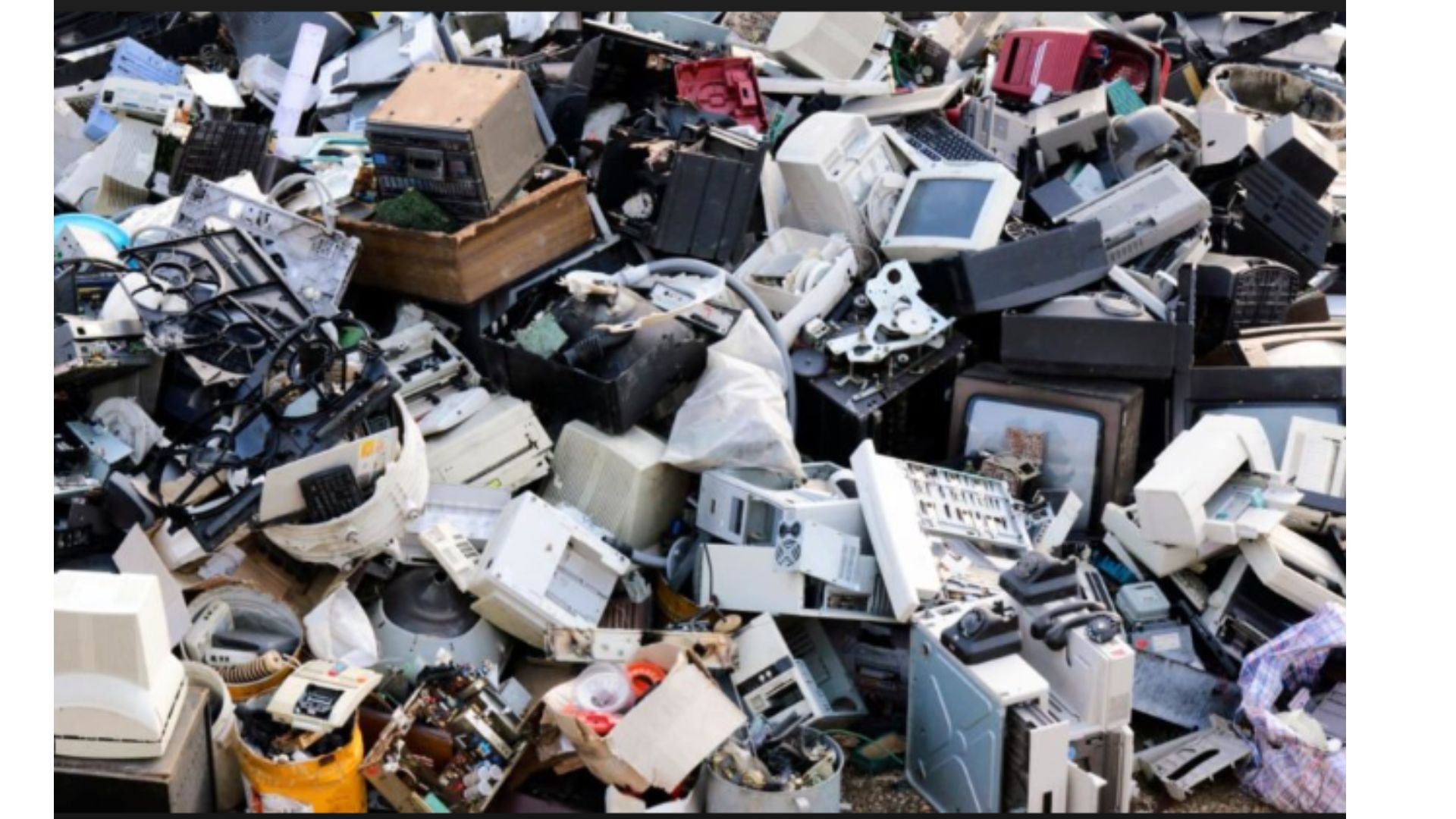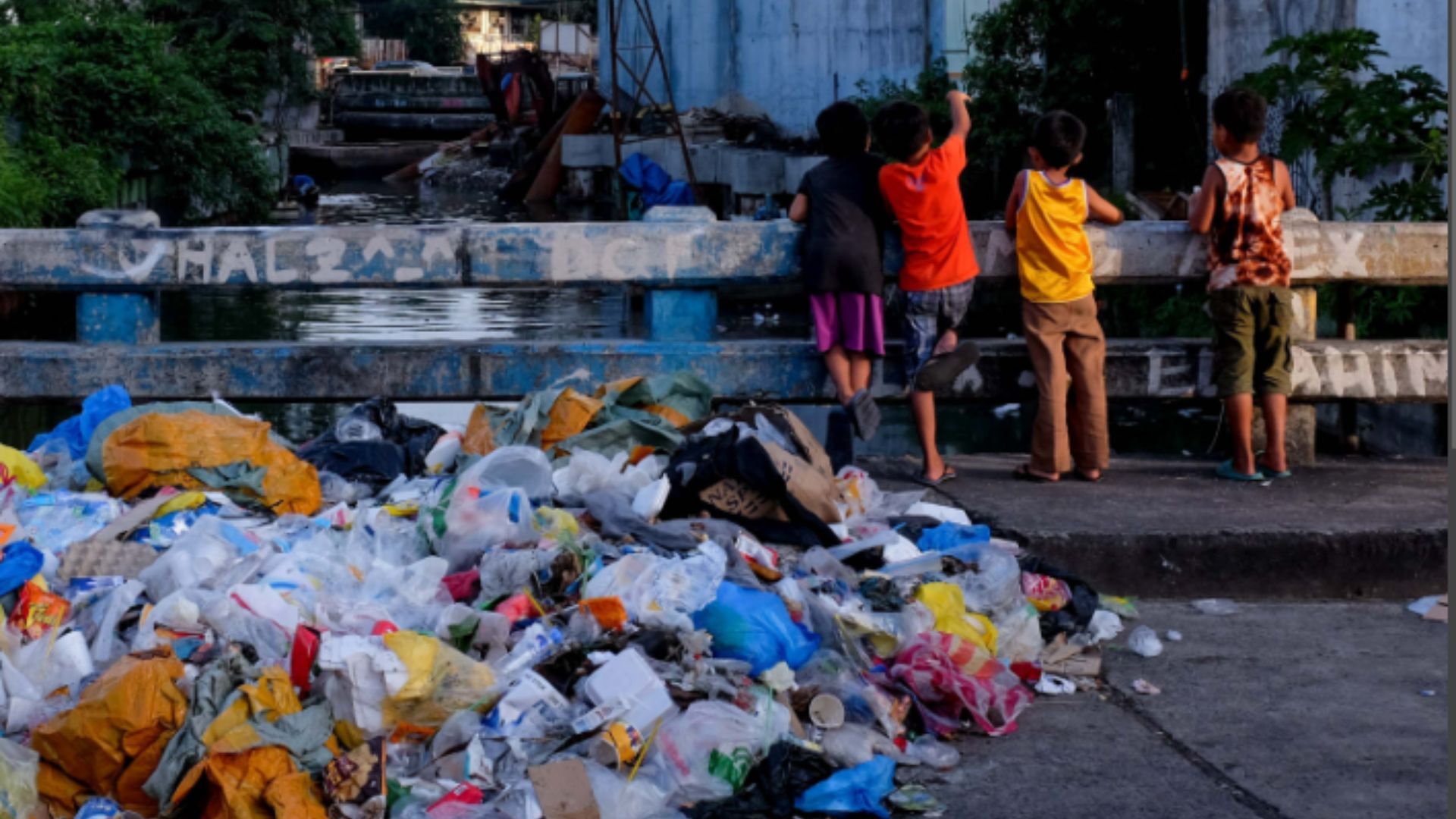The global waste crisis is a pressing issue demanding immediate attention. As we move into 2024, the ever-increasing volume of waste poses significant environmental, health, and economic challenges. However, amidst these challenges lie opportunities for innovation, collaboration, and a shift towards a more sustainable future. This blog post delves into the complexities of the global waste crisis, exploring both the current obstacles and the potential solutions that can pave the way for a cleaner and healthier planet.

The Mounting Threat: Understanding the Scope of the Global Waste Crisis
The sheer scale of the global waste crisis is staggering. According to the World Bank, the world generates over 2 billion tons of municipal solid waste annually. This number is projected to rise significantly in the coming decades, fueled by population growth and urbanization. Inadequate waste management practices lead to a multitude of problems:
Environmental Pollution
Landfills overflowing with waste leach harmful chemicals into the soil and water, polluting our ecosystems. Additionally, improper waste burning releases toxic air pollutants.
Public Health Risks
Uncollected waste attracts pests like rodents and insects, creating health hazards for communities living near landfills.
Economic Burden
The economic costs of waste management are substantial, including landfill construction, waste collection, and healthcare expenses related to pollution-induced illnesses.
These challenges transcend national borders, demanding a global response.
Challenges on the Horizon: Obstacles to Overcoming the Waste Crisis
Several key challenges hinder effective waste management on a global scale:
Lack of Infrastructure
Many developing countries lack the infrastructure necessary for proper waste collection, treatment, and disposal.
Public Awareness
Limited public awareness about waste reduction, reuse, and recycling practices hinders progress.
Policy and Regulation
Inconsistent or inadequate waste management policies can create obstacles to implementing sustainable solutions.
Technological Limitations
Existing waste treatment technologies may not be efficient enough to handle the ever-growing volume of waste.
Addressing these challenges requires a multifaceted approach that involves collaboration between governments, businesses, and individuals.
Opportunities for Progress: Innovative Solutions for a Sustainable Future
Despite the challenges, numerous opportunities exist to combat the global waste crisis:
Circular Economy
Transitioning towards a circular economy, where resources are kept in use for as long as possible, can minimize waste generation. This involves concepts like product design for disassembly, repair, and reuse.
Waste-to-Energy Technologies
Advanced technologies can convert waste into usable energy sources like electricity or biofuels, reducing reliance on landfills.
Composting and Organic Waste Management
Diverting organic waste from landfills through composting can create nutrient-rich soil amendments and reduce methane emissions.
Innovation in Recycling
Technological advancements like automated sorting and material recovery can improve recycling efficiency and capture valuable resources from waste.
Public Education and Awareness Campaigns
Raising awareness about the benefits of waste reduction, reuse, and responsible disposal is crucial for encouraging individual action.
By investing in these solutions and fostering global collaboration, we can create a more sustainable future where waste is minimized and managed responsibly.
Conclusion
The global waste crisis is a complex challenge, but it’s not insurmountable. By acknowledging the challenges, embracing innovative solutions, and fostering collective action, we can build a more sustainable future for generations to come. Let’s work together to turn the tide on the global waste crisis and create a cleaner and healthier planet for all.



